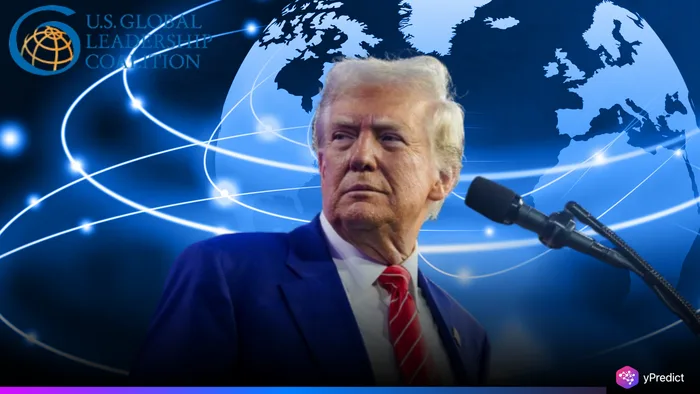
America’s global standing has long rested on a careful blend of power, diplomacy, and cooperation. But in a recent essay, political theorists Robert Keohane and the late Joseph Nye raise a stark warning: the approach embraced by former President Donald Trump could bring America’s era of dominance to a fast and unceremonious end.
Trump’s foreign policy was radically different from his predecessors. It was transactional, coercive, and focused on short-term gains rather than long-term stability. Instead of building alliances and reinforcing international institutions, Trump treated diplomacy like a business deal. According to Keohane and Nye, this approach could have lasting consequences for U.S. leadership around the globe.
Trump’s Strategy: Power Over Partnership
During Trump’s presidency, he prioritized unilateral decisions over shared responsibility or collective global security frameworks. He pressured allies to increase defense spending without long-term commitments. Trump also withdrew from key multilateral agreements and imposed tariffs on traditional partners.
Keohane and Nye argue that Trump’s foreign policy weakened trust among allies and damaged the rules-based international system. His zero-sum approach clashed with decades of U.S. diplomacy based on cooperation and soft power. Exiting the Paris Agreement and the Iran nuclear deal showed a disregard for global consensus. While Trump gained domestic support, his strategy strained critical alliances and hurt America’s global leadership.
The Risk of Declining U.S. Leadership
Keohane and Nye warned that U.S. leadership no longer is sustained by merely the sovereign state capability of military and economic power, but through multiple layers of credibility, predictability, and trust. U.S. allies began wondering during the Trump presidency whether they could rely on America to act as an ally and a trusted ally in a crisis.
The erosion of trust is important. When countries no longer see the United States as a stable partner, they either look for other alliances or disclose their plans. For example, China capitalized on this gap to expand relationships with countries in Asia, Africa, and Europe through trade deals and infrastructure programs. Trump’s decision to withdraw from the US global commitments created space for other rival powers.
Why Global Dominance Needs More Than Military Might
Keohane and Nye insist that global dominance does not only exist in tanks and trade. It exists in shaping norms, shaping institutions, and establishing a moral example. The basis for America’s dominance in the world after World War II was a commitment to a set of values, the institutions that formalized them (NATO and the UN), and collective decision-making.
The example that Trump sent with his disregard for rhetoric and the tools available, was the wrong one. He alienated many of America’s allies (even Germany, Canada, and South Korea) with his aggressive approach, America First mantra, and partisanship.
A robust foreign policy needs to have some coherence and principles. If an emerging order emerges that is based on different values, the United States will no longer be seen as a leader, but just another power in a competitive world.
Can the U.S. Regain Its Position in the World?
Although Keohane and Nye describe a grim picture, it is not irreversible. To rebuild America’s role will require a structural shift back to multilateralism, diplomacy, and shared leadership. Future administrations must roll back the damages to allies that was done by the short-sighted tactics of Trump.
Renewing focus on alliances, climate cooperation, and global health cooperation may help to restore some trust. But that will take time to manifest. Once allies become distrustful and skeptical, it takes longer to rebuild. Keohane and Nye see that America must act quickly if it wants to rebuild its role as a trusted global power in international relations.







